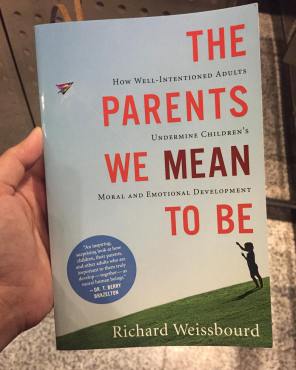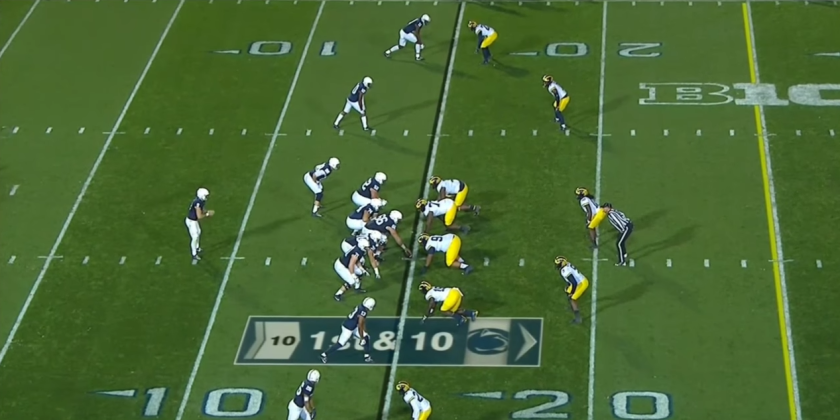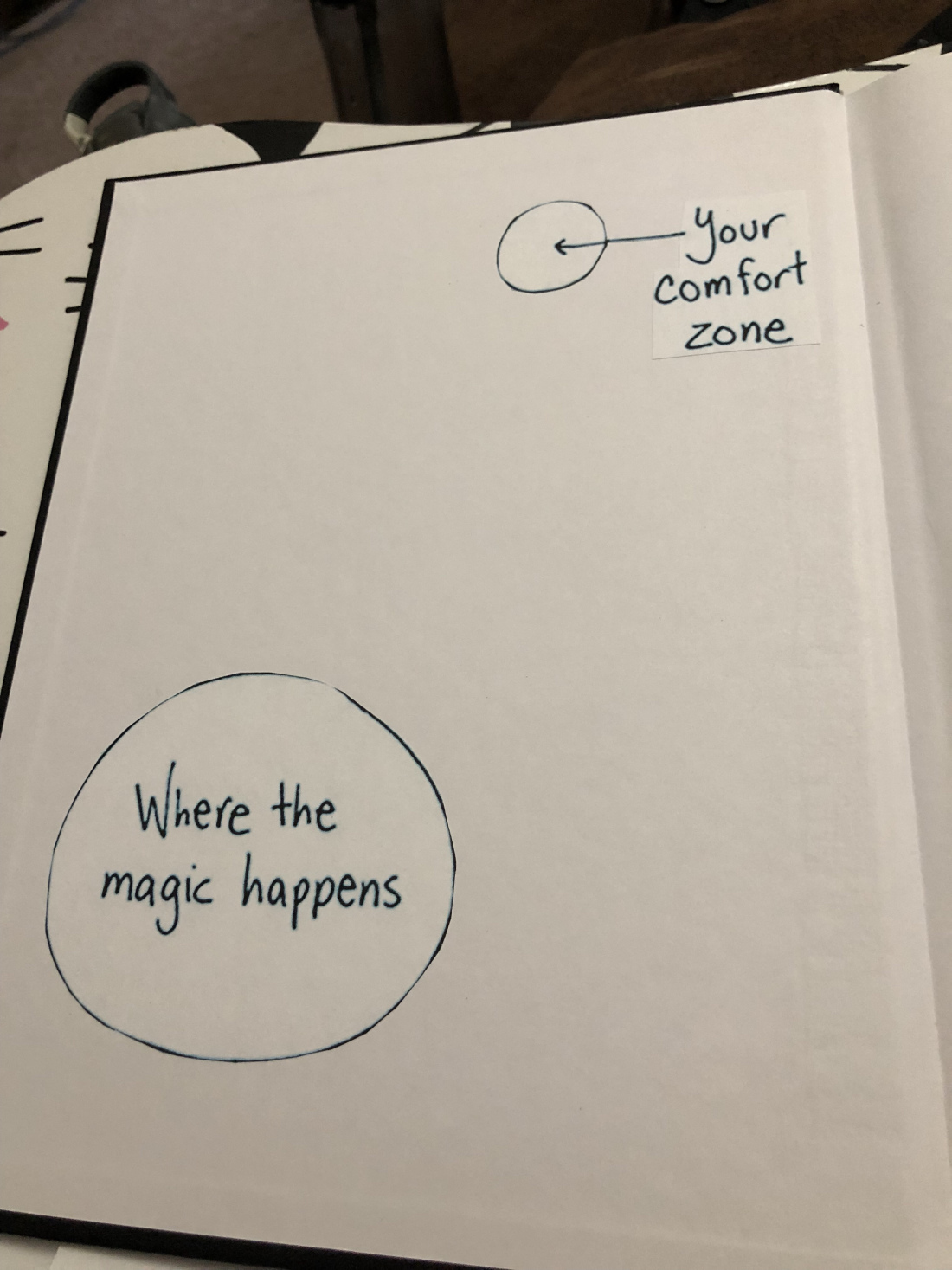
“Yet we are entirely capable of raising children who lead emotionally rich and responsible lives, lives of integrity and commitment. I am not talking about a life of sanctimony or drudgery or self-righteousness. I am talking about children who as adults experience the necessity – and the wonder and aliveness – of asking moral questions and constructing with others a moral understanding of the world, who listen and reach for moral complexity, search for and follow their higher natures, and engage in vibrant, caring relationships with family and friends. I am talking about children who grow to be alert to signs of distress in other people, who feel responsibility for those from other classes or races or backgrounds, who feel propelled to give to the world in some way. And I am talking about children who develop a sense of obligation to carry forward the highest principles of their ancestors and to protect future generations.”
How do we raise kind children?
Before we got married, one of the conversations I had with my husband was about how we want to raise our children. It was important for us to clarify our values and aspirations for our future children before taking the big leap. And after thinking about the hundreds of interactions we’ve had with students, the teachers in us decided that beyond achievement and intellect, it is important for us to raise kids who are kind and who are willing to help others.
The Parents We Mean to Be by Richard Weissbourd is a pretty good starting point for any parent. Whether you’re a new parent or not, this book provides good insights and points for reflection about what our parenting practices and principles reveal about us.
Here are a few points I learned from the book:
- On our self-esteem as parents and individuals: As parents, we constantly need to reflect about the intentions and motivations behind our actions. It’s also important to think about our own relationship with our parents – whether it’s a positive or negative aspect, we unconsciously pass on these practices to our children. Some questions to think about also are: Why do we seek affirmation from our children? Is my happiness dependent on my children? How do my actions affect my child? How do I react when I feel like I failed as a parent?
- On becoming too close for comfort: We need to understand what kinds of closeness are helpful and harmful to our children. At different developmental stages in a child’s life, there’s a time to idealize parents and there’s a time to separate from them. Weissbourd tells us that if want to be close to our children, we should also be, “…willing to shoulder the hard responsibility for it…” If we want to be close to our children, we have to be prepared to let them go.
- Ways of seeing our children: Our children need to be known. More than thinking about their happiness and showering them with praise, the only way our children will have a strong sense of self is if we make them feel known. This means that we make the effort to help them discover who they are (not who YOU want them to be), and when they do, we should never make them feel judged or criticized.
- How we unconsciously shame our child: We should pay close attention when our children feel shamed. Studies show that children who grow up feeling constantly shamed or humiliated are more prone to fall into depression. The tricky part here is that many parents overlook this – they don’t think they’re shaming their kids when they actually are.
- On doing what is right: We teach our kids to do what is right, not because it feels good (because it doesn’t always feel good) but because it’s the right and moral thing to do.
- The challenge of thinking about other children: For our children to learn how to care about others, we need to show that we care about others as well. This means that while we think about our children’s happiness and achievement, we must bear in mind that these should NEVER be at the expense of other children or their community. Weissbourd says, “As parents, we can also think through how to advocate for our child while considering the needs of other children…we act morally and model that morality for our children when we struggle with the tension between what is best for our child and what is best for other children.”
- On honesty about our flaws: When we are honest about our own flaws and shortcomings, we give our children the space to make their own mistakes and acknowledge their own inadequacies. “It is by dealing insightfully and candidly with our own flaws that we give children permission and a map to engage those qualities about themselves that they find troubling.”
- The importance of experiencing competition and aggression: As much as we want to shield our children from failure and disappointment, it’s important to expose them to the realities of human emotions – both the light and darker side of it. “When adults constantly seek to eliminate competition, they diminish important opportunities for children to bump up against both the intensity of others’ feelings and the intensity of their own, opportunities to learn how to manage disappointment, shame, and anger.”
- On how we grow as parents: “Perhaps nothing tests adults and shapes adult development more than the experience of parenting… Adults and children powerfully affect one another’s emotional and moral development.”
There’s no perfect handbook to follow when it comes to parenting. But I think this book raises a lot of important questions and issues to think about when we deal with our children. A part of me is afraid about the things I won’t get to do well, it will certainly be a challenge to always keep their best interests in mind. But as the book reminds us: It is never too late to be the parents we mean to be.
Advertisements Share this:





